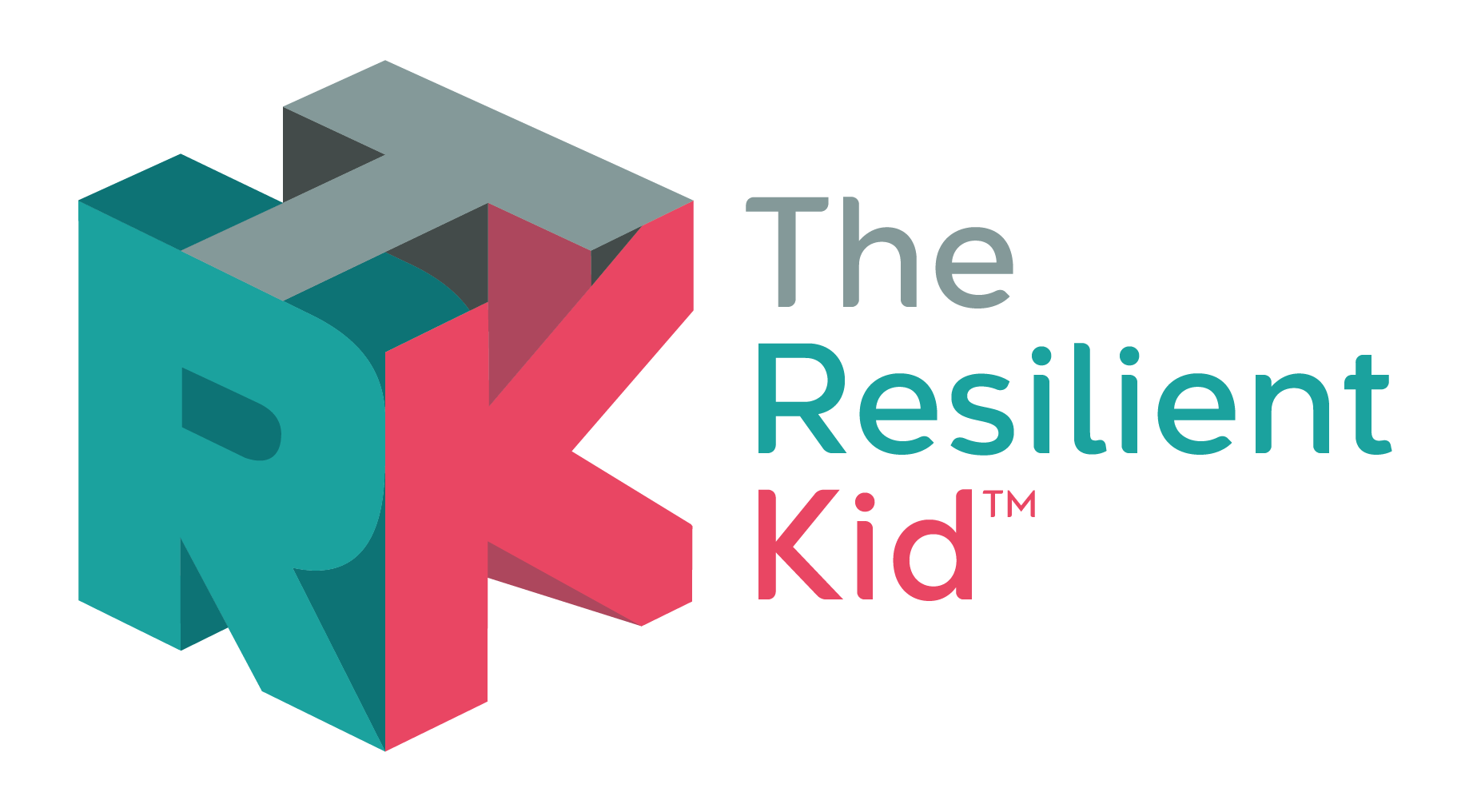
Unlocking the Power of Neurodiversity in Parenting and Adulting
09/11/2023
Unlocking the Power of Neurodiversity in Parenting and Adulting
Parenting is a rewarding yet challenging journey. It's a role that often doesn't come with a guidebook, leaving many of us to navigate its twists and turns on our own. The journey becomes even more complex when neurodiversity comes into play. In this blog post, we explore the world of neurodiversity, discussing some of the insights shared during a recent conversation with an expert in the field.
Discovering Neurodiversity
Neurodiversity is a term that's increasingly gaining recognition, but what does it really mean? Essentially, it's the acknowledgment that our brains come in various forms, each with its unique strengths and challenges. Neurodiversity encompasses a broad range of conditions, including ADHD, autism, dyslexia, and more. The beauty of neurodiversity lies in the diversity it brings to our society.
As a parent, you may have observed certain traits in your child or even yourself that align with the concept of neurodiversity. Perhaps you've noticed the struggle with organization, challenges in maintaining focus, or a heightened sensitivity to sensory stimuli. These traits can often be attributed to neurodiversity.
Recognizing Ourselves
What's interesting is that many parents are beginning to recognize these traits in themselves as they become more aware of neurodiversity. Back in our school days, these traits might have gone unnoticed or undiagnosed, leading to self-doubt, and a sense of not quite fitting in. Now, with the growing awareness of neurodiversity, we are better equipped to identify and understand these traits.
Parents are increasingly realizing that they share some of these traits with their neurodivergent children, creating a sense of connection and understanding. The journey of self-discovery can be enlightening but also a bit challenging. You might find yourself reevaluating your life, recognizing how neurodiversity has influenced your experiences, your strengths, and your struggles.
Challenges in Adulting and Parenting
The transition points in life, such as starting a new job, becoming a parent, or even going through menopause, often serve as a magnifying glass, highlighting the unique challenges that neurodiversity can bring. For many adults, it can be a shock to realize that their child has neurodivergent traits and then recognize those same traits in themselves.
Parenting, while deeply rewarding, is also highly demanding. Parents often place their children's needs above their own, sometimes neglecting self-care. This approach might work for a while, but it's not sustainable. In essence, it's like the instructions on an airplane: you must secure your oxygen mask before assisting others.
As neurodivergent parents discover and embrace their unique neurodiversity, it becomes essential to acknowledge their own needs, too. Self-care is not selfish; it's a vital part of being able to support your child effectively. By taking care of yourself, you're setting a powerful example for your child about self-compassion and self-care.
Navigating Neurodiversity Together
Neurodiversity is a family affair. While each member may experience it differently, recognizing and respecting these differences is crucial. By doing so, you create an environment where everyone feels accepted and valued.
For example, individuals who are sensitive to surprises might find holidays like Christmas particularly challenging. By working together as a family, you can adapt traditions to better suit everyone's needs. Setting expectations and finding ways to make celebrations enjoyable for all family members is essential.
Additionally, it's important to remember that there's no one-size-fits-all approach. Each family will have its unique dynamics, and what works for one might not work for another. The key is to find strategies that suit your family's specific needs and, most importantly, to communicate openly and honestly.
Tips for Navigating Neurodiversity
Practice Self-Compassion: Be kind to yourself and replace negative self-talk with self-compassion. You are good enough just as you are.
Identify Specific Strategies: Recognize your unique challenges and find strategies that work for you. Whether it's establishing routines, managing memory issues, or creating a sensory-friendly environment, tailor your strategies to your needs.
Embrace Your Neurodiversity: Own your uniqueness and celebrate your neurodiversity. It's okay to be different and to bring your own flair to life.
Negotiate as a Family: In a neurodiverse family, it's important to find ways to meet everyone's needs. Negotiate and take turns when necessary, so that each family member can have their preferences acknowledged.
Seek Support: Reach out to organizations and resources that can provide valuable assistance, whether for parenting, personal development, or managing neurodivergent traits.
In conclusion, neurodiversity is a beautiful spectrum of human brains, each offering unique gifts and challenges. Embracing neurodiversity in parenting and adulting allows us to create supportive and inclusive environments where everyone can thrive. Remember that you are good enough, and it's perfectly okay to ask for help when needed. Together, we can navigate the journey of neurodiversity with understanding, compassion, and resilience.
Comments
Must be Logged In to leave comments.

